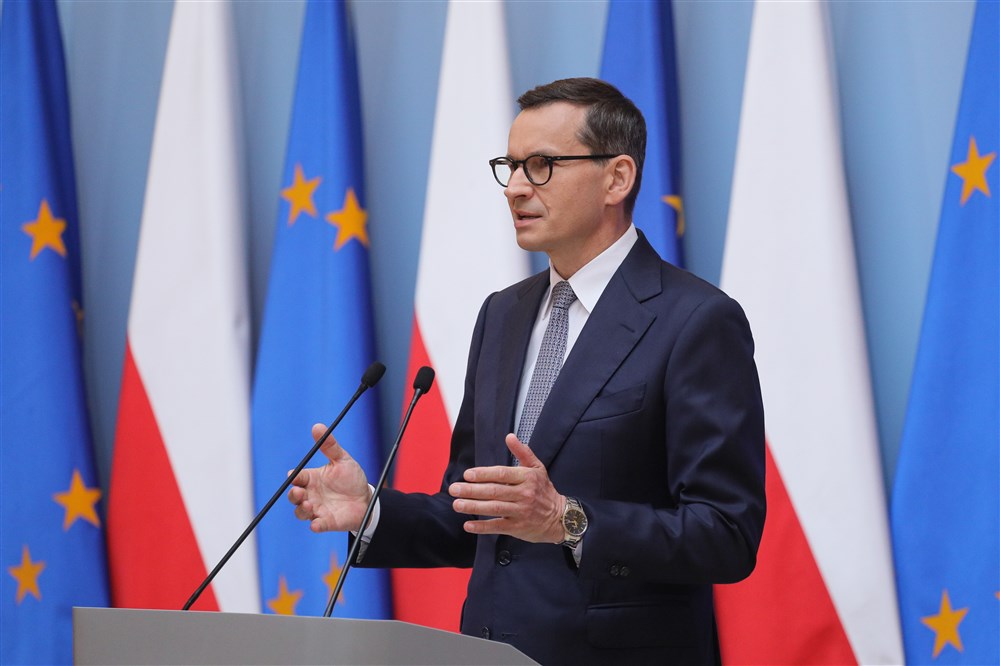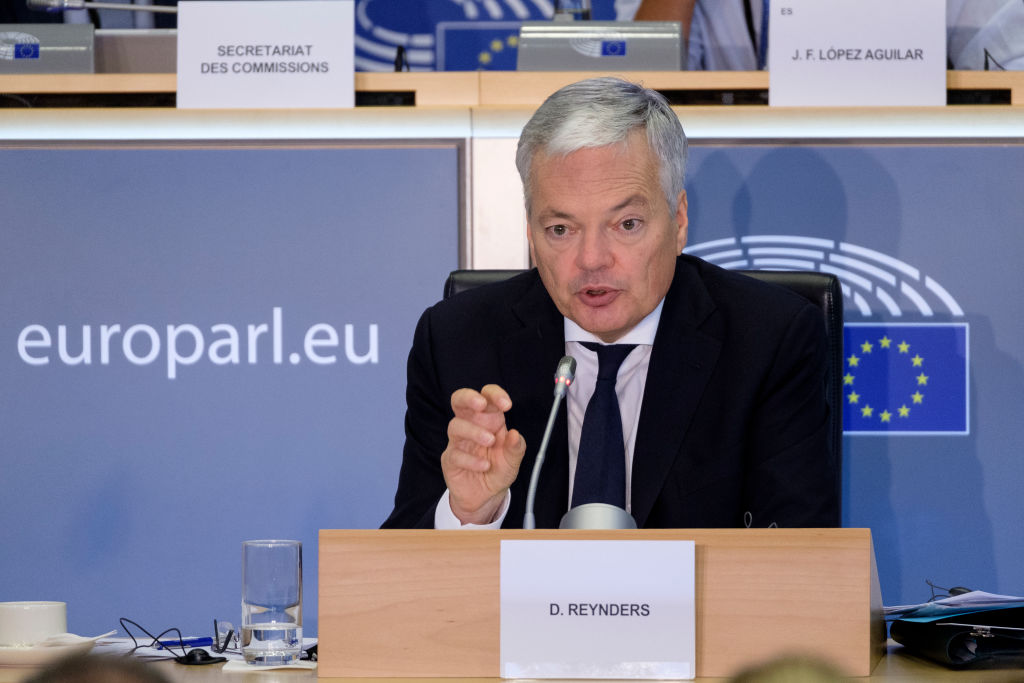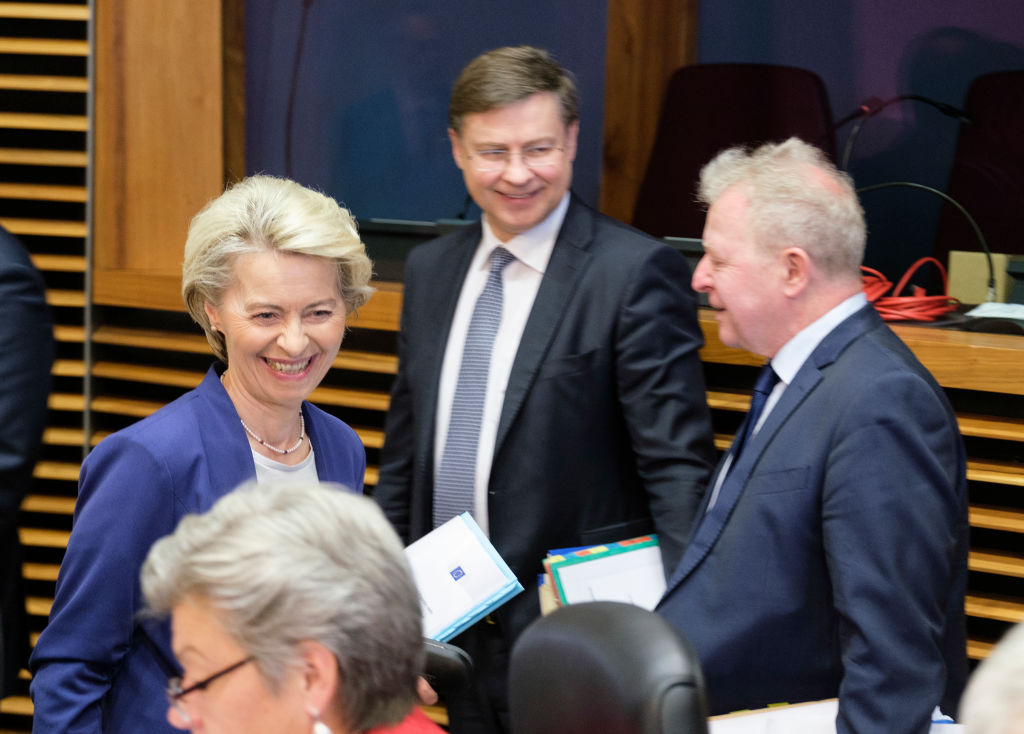The leader of Poland’s ruling conservative Law and Justice party (PiS), Jarosław Kaczyński, has called for a referendum to be held on the European Union’s migration pact and said that the provisions within it are an “insult to Poland”.
Kaczyński was speaking in the Polish Parliament on June 15 during a debate tabled by the PiS. The government opposes the pact, which Poland and Hungary voted against in the Council of the European Union. In that body decisions are made based on qualified majority voting and so the pact was passed, though the European Parliament, which also needs to approve it, is split.
The new draft rules are designed to speed up the return of migrants who enter Europe without permission and also includes the “mandatory relocation” of migrants to other EU countries.
Kaczyński condemned the EU’s policy for the relocation, describing it as an assault on national sovereignty and contrary to EU treaties. He also pointed out that Poland has already received millions of Ukrainian refugees.
He railed at the proposed €22,000 charge for every relocated migrant refused, contrasting that with the €100 per person offered to Poland for its hosting of Ukrainians. This, according to Kaczyński, was an “insult to Poland and an outrageous form of discrimination”.
He called for a referendum on the matter and vowed that the ruling party would ensure that, “Poles will have the right to have their say.”
The Polish Parliament later passed a resolution on the migration pact, confirming Poland’s opposition to the mechanism of compulsory relocation. The resolution states that the mechanism is a move by the EU to reintroduce the failed attempts at the compulsory relocation of migrants put forward in 2014-2015. The Polish state will not agree to shoulder the costs of failed decisions taken by other EU states, it said.
The resolution also states that “European solidarity cannot bear the hallmarks of blackmail” and that decisions relating to issues as important as the migration pact in the EU should be taken on the basis of unanimity rather than qualified majority voting.
Kaczyński seems to have decided to make migration a key point in this autumn’s Polish parliamentary elections. It looks likely that a referendum on the migration pact would be held on the same day as the general election.
The EU’s migration policies were a major issue in the 2015 Polish general election that saw the PiS come to power. The previous liberal PO government had accepted the mandatory relocation policy being pushed by the European Commission. The conservative administration reversed Poland’s stance on the matter immediately upon taking office.
The PiS sees the pact as an example of the European establishment trying to force through ideas of multiculturalism under the disguise of solidarity regarding migrants. The conservatives remain angry with EU’s institutions over what they see as the scant support offered to Poland for the Ukrainians refugees it has already hosted.
Observers say current PiS migration policies, such as building a wall on the border with Belarus and rejecting the EU’s compulsory relocation of illegal migrants, have broad support among the Polish public and therefore will be a tricky issue for the liberal opposition to address in forthcoming election campaigns.





